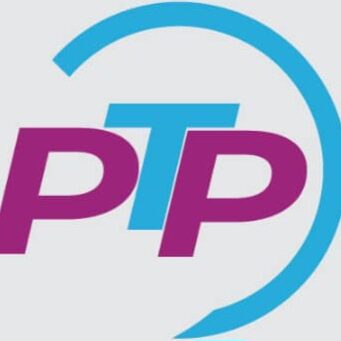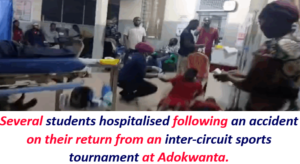Caregivers lament over unpaid work; call for implementation of inclusive education for children with disabilities

Caregivers lament over unpaid work; call for implementation of inclusive education for children with disabilities.
Calls are growing louder to tackle the burden of unpaid care work shouldered by caregivers of children with developmental disabilities in Ghana.
Recent data shows that 90% of these caregivers provide support without compensation, often at significant emotional and physical cost, including mental health challenges.
Children with developmental disabilities continue to face major barriers, especially in accessing inclusive education. While Ghana’s inclusive education policy exists, its implementation remains inconsistent and inadequate.
A dialogue held in Accra on September 11, 2025, focused on recognizing unpaid care work; stakeholders identified gaps in policy execution as a key concern.
Dr. Kwame Sakyi, from the Center for Learning and Childhood Development, emphasized that children with developmental disabilities are disproportionately excluded from mainstream education, affecting their long-term social and cognitive development.
-
WAEC arrests four more over WASSCE malpractice
-
WAEC considers shift from paper to digital exams to curb cheating.
“We realised that the current system favours caregivers of boys more than those caring for girls. We also found that mothers of children with cerebral palsy often bear the greatest burden of unpaid care work, yet receive the least support,” he stressed.
Caregiver and advocate, Hannah Awadzi, shared her personal experience, highlighting the persistent stigma, lack of resources, and limited government support that hinder both her child’s progress and her own well-being.
“When people see mothers like us with our children, the assumption is that we’re poor and need handouts. But that’s not what I want. I want my daughter to have a life. She’s tried ten schools, and she’s only 12. I’ve now decided to homeschool her,” she said.
Unit Head for Education of Children with Developmental Needs at the Special Education Division of the Ghana Education Service, Belinda Bukari, called for stronger collaboration among government agencies, NGOs, and community leaders.
She acknowledged that public schools face serious constraints, limiting their ability to fully embrace inclusive education.
“Some mainstream schools are accessible, but many, especially in rural areas, are not. If a teacher is managing 40 learners and one has severe needs but no classroom assistant, how can that teacher effectively support the child? We don’t want to mainstream just to exclude, we want true inclusion, and that requires logistical support,” she noted.
As the conversation continues, advocates are urging policy reform, increased investment, and greater recognition of the unpaid care work that sustains thousands of children across Ghana.





